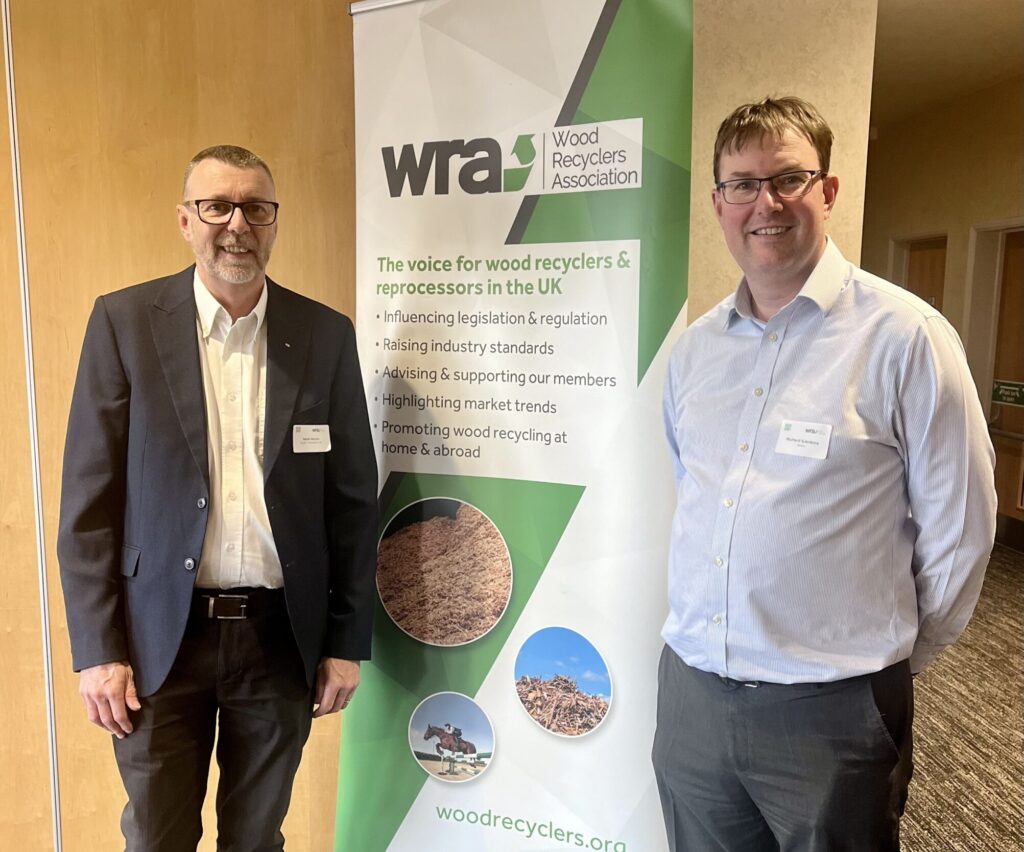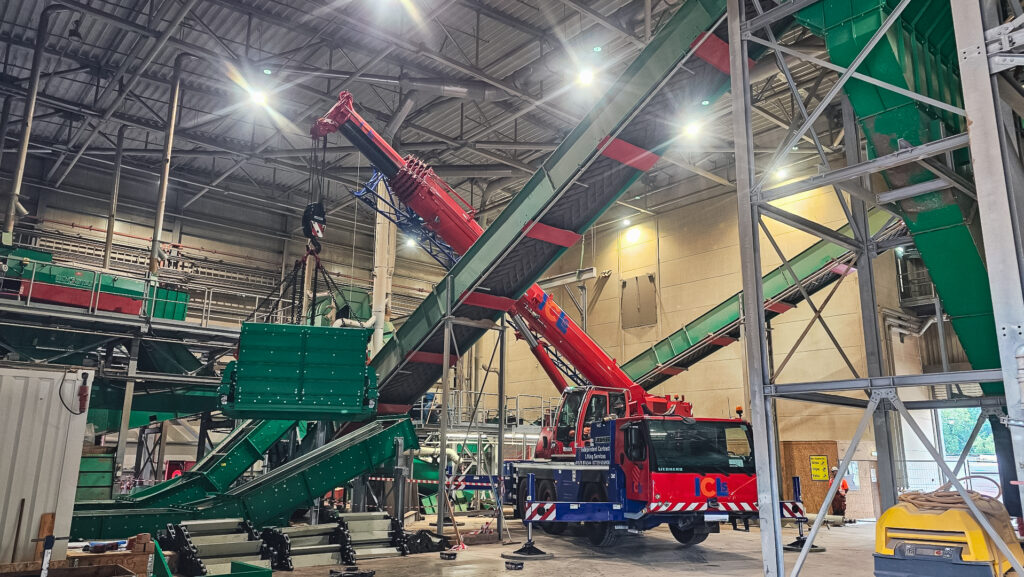BEIS published the policy statement ahead of a Biomass Strategy which it plans to publish next year. This comes after the department published a call for evidence looking into the “role of biomass in achieving net zero” in April 2021 (see letsrecycle.com story).
BEIS is currently reviewing the responses received to the call for evidence and will continue to refine these proposed criteria in the coming months.
The policy statement, published last week (4 November), from the department provides a “strategic view” on the role of biomass across the economy in achieving net zero targets.
In this policy statement, BEIS looks to provide a “strategic view on the role of biomass across the economy in the medium- to long-term”.
It sets out key principles its established for the biomass priority use framework for the short- (2020s), medium- (by 2035) and long-term (by 2050) to deliver towards net zero.
Key principles across these timelines include:
• Compliance with sustainability criteria and waste hierarchy principles
• Contribution to carbon budgets and net zero considering feedstock availability, lifecycle greenhouse gas emissions, and cost-benefit
• Biomass to be used with carbon capture utilisation or storage where feasible, otherwise used only in hard-to-decarbonise sectors with limited or no low carbon alternatives.
A BEIS spokesperson confirmed to letsrecycle.com in April that it is defining biomass as any material of biological origin (including wastes) which is used as a fuel for bioenergy.
“We would urge policy makers to recognise the contribution which the waste wood supply-chain contributes towards UK’s goal to reach net zero”
– Richard Coulson, Wood Recyclers Association
Wood
However, the WRA claims that it doesn’t give enough attention to the wood recycling sector. Waste wood is only mentioned once in the document, where it says the material and forestry make up the majority of biomass.

Chair of the WRA Richard Coulson has said that while the association welcomes the policy statement, it urges policy makers to ensure they recognise the “valuable contribution” waste wood supply-chain already contributes towards the UK’s goal to reach net zero carbon emissions through the reuse, recycling and recovery of waste wood
Mr Coulson said: “The UK currently produces 4.5 million tonnes of waste wood a year which can now all be accounted for through either reuse, recycling or recovery.
“Put simply, the UK waste wood supply-chain now enjoys a position that no waste wood needs to rot in landfill preventing more harmful methane emissions, a fact heavily acknowledged at the COP 26 Climate Summit.”
The WRA also highlighted that post-subsidy markets will need to be “carefully considered”, asking the BEIS to be “mindful” that large scale biomass plants are currently operating under ROC or RHI subsidies which will end in an average of 15 years. It added that future support mechanisms for the industry will need to be considered.
“Without that there is a risk that 3 million tonnes of UK waste wood could end up in landfill, which instead of helping the UK to achieve net zero, would actually do the opposite,” added Mr Coulson.
Call for evidence
In its response to the government’s call for evidence on the role of biomass earlier this year, the WRA also raised concerns that the government “appears not to be aligning its Environmental and Resource Policy with its Biomass Strategy”.
According to the association, the Resources and Waste strategy suggests that recovery is less favourable than recycling.
However, in the case of waste wood, lower-quality mixed waste wood is “not always suitable for recycling”, therefore treated through biomass boilers, which the association says provides a “valuable market” for the material. Higher quality waste wood is recycled into animal bedding or panel board.
Mr Coulson said: “The suggested municipal recycling rate of 65% by 2035 is entirely unrealistic and unworkable for the waste wood supply-chain and we would encourage policy makers to accept a one-size-fits-all plan will not work for all waste and resource streams, recovery options will need to be acknowledged for waste wood too.







Subscribe for free